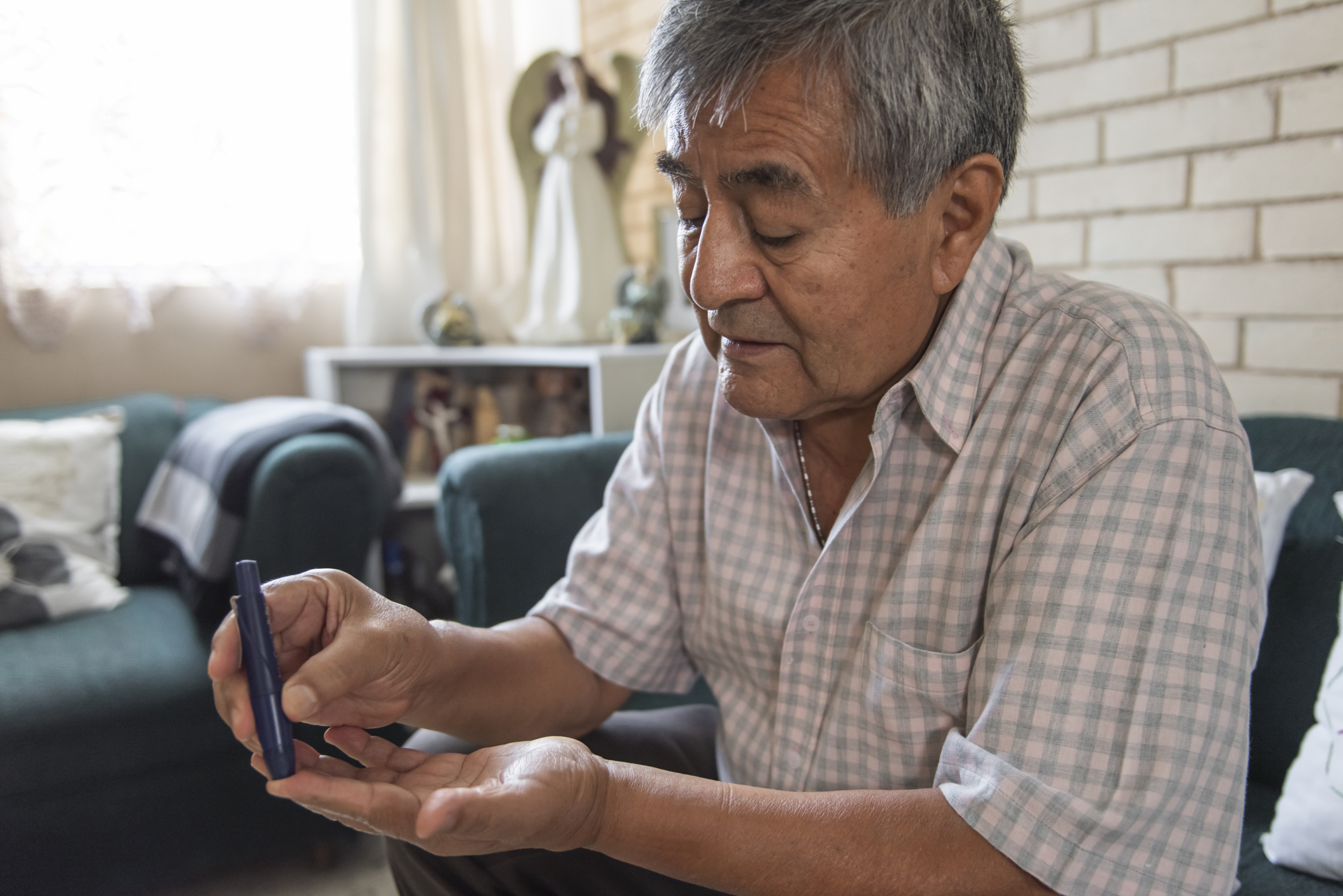According to the Centers for Disease Control and Prevention, 96 million American adults (38 percent of the population) have pre-diabetes, and 26.4 million people over the age of 65 (48.8 percent) are living with the condition. Although people with pre-diabetes do not have blood sugar levels high enough to be considered diabetic, they are at high risk to develop type 2 diabetes unless they make lifestyle changes. Long-term damage to the heart, blood vessels and kidneys may already be starting.
The Mayo Clinic reports the exact cause of pre-diabetes is unknown but family history and genetics may play a role. People with pre-diabetes don’t process glucose (sugar) properly, allowing sugar to build up in the bloodstream if the pancreas is not making enough insulin or cells have become insulin resistant. Pre-diabetes is associated with silent heart attacks and can progress to type 2 diabetes, possibly leading to high blood pressure, high cholesterol, heart disease, stroke, kidney disease, nerve damage, fatty liver disease, eye damage and amputations.
The good news is that healthy lifestyle changes can prevent pre-diabetes from progressing to type 2 diabetes, even if there is a family history of the condition. Eating a healthy diet, getting regular physical exercise, losing extra weight, properly controlling blood pressure and cholesterol and stopping smoking can all prevent the development of type 2 diabetes. Being overweight is a top risk factor for diabetes, especially if you carry excess weight around the middle. Eliminating red and processed meat and sugary drinks, increasing physical activity, and treating sleep problems like obstructive sleep apnea can also help lower the risk of progressing from pre-diabetes to type 2 diabetes.
Although pre-diabetes doesn’t usually have any signs or symptoms, darkened skin on the neck, armpits and groin can be an indication of the condition.
Symptoms of Type 2 Diabetes
- Increased thirst
- Frequent urination
- Increased hunger
- Fatigue
- Blurred vision
- Numbness or tingling in the feet or hands
- Frequent infections
- Slow-healing sores
- Unintended weight loss
See your doctor if you notice any of the signs or symptoms of type 2 diabetes, and talk to your healthcare provider about blood sugar screening if you have any of the risk factors for diabetes.






Add Your Voice
0 Comments
Join the Discussion